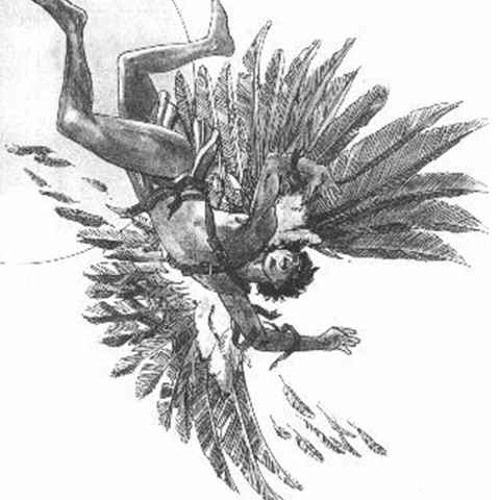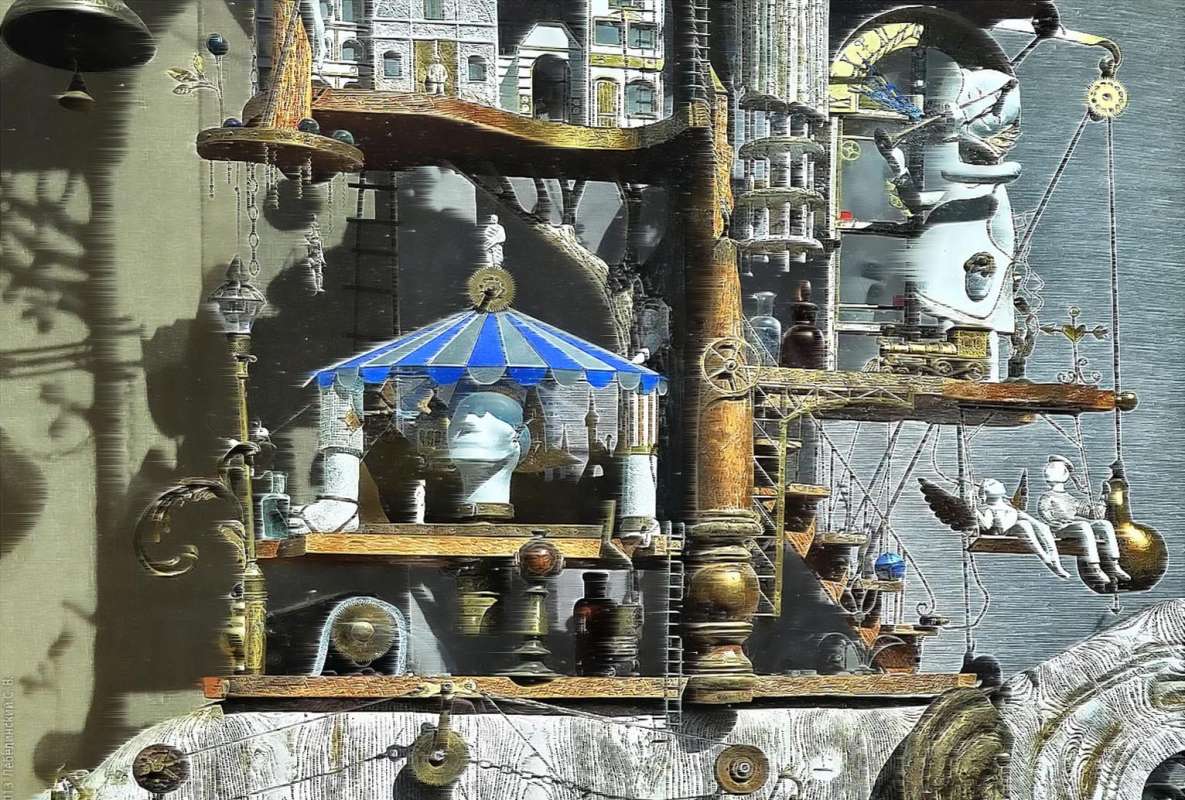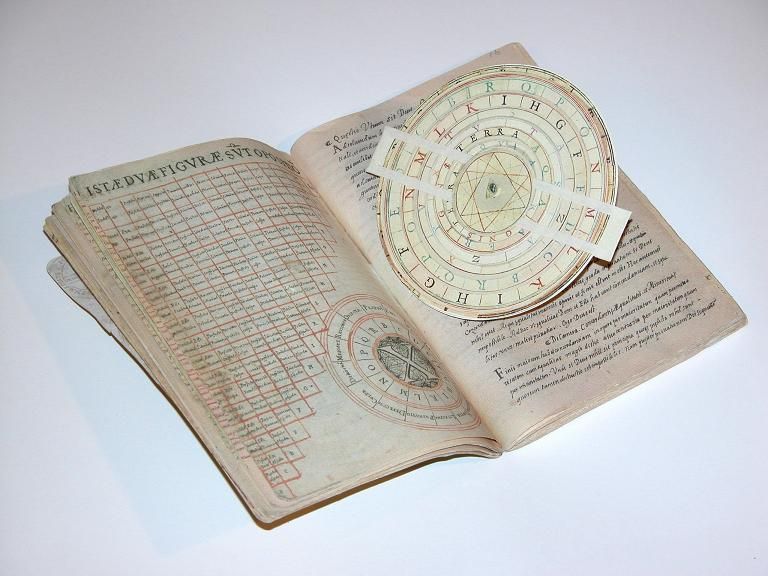
New Call for Contributions: «Technology as Tragedy» (Deadline: October, 5, 2025)
guest editors:
Anonymous & Oliver Schlaudt (Hochschule für Gesellschaftsgestaltung, Koblenz, Germany)
Throughout western history, technology has been framed in a dichotomy: Either as savior of humanity, that will bring progress, advance knowledge and well-being, or as humankinds' tragedy, which will lead it inevitably into disaster.
In Western mythology, in particular, tragedy and technology form a deeply rooted topos. The ancient Greeks warned us with the story of Icarus that technological ambition can lead to downfall, serving as a cautionary tale against the hubris of attempting to surpass human limitations through invention. Figures like Prometheus, Dr. Faust, and Dr. Frankenstein become tragic characters who fall victim to their own creations. Similarly, historians attribute a tragic fate to famous engineers, such as J.R. Oppenheimer, who embodies the archetype of the tragic genius—an individual who pushed the boundaries of knowledge, tampered with the frontiers of science, and lastly suffers under the realization of the impact of their work. In the Anthropocene, where human impact on the planet has reached unprecedented levels, this tension becomes even more pronounced, and all of humankind faces the risk of a tragic end. Given the risk of climate change, the «tragedy» could prove to be more relevant than ever as a counter-narrative to the myth of progress.
Facing an all-encountering tragedy like climate change, progress could as well be the only way out, complicating the relationship between technology and tragedy. In the Greek theater, technology is made to resolve the tragedy. It was the «deus ex machina» who brought salvation and led to a happy ending. Historically, this literary device resolved dramatic conflicts through divine intervention, often symbolizing hope or redemption. In modern technological narratives, this hope manifests in promises of salvation through innovation and new and emerging technologies are produced with the promise of averting the tragedy: Nanotechnologies, carbon capture utilization (CCU), or electric vehicles promise to prevent potential tragedies like climate change. Yet, these promises of salvation often appear to obscure the complexities and risks involved, offering oversimplified solutions to deeply entrenched problems, potentially preparing the ground for a tragic ending.
Lastly, following the figure of the Homo narrans (the storytelling ape), the tragedy becomes a social technology in itself, a form that enables us to observe, derive meaning, and create sense of events. This offers a space for self-reflection: what narratives do we use, and how do they shape our understanding of technology? Does the form of tragedy not always require an element of divine transcendence? Can the condemnation of hubris, a concept inherited from the Christian Middle Ages, do justice to the planetary crisis that we face today? Is it, in fact, possible to conceive of «tragedy» in a secular way? Or to overcome this narrative technology and what would replace it?
The tragedy as a narrative plot structure provides a lens to examine the dynamics between technology, culture and nature. Tragedies traditionally explore moral positions and the consequences of overreaching ambition. In modern contexts, they invite us to reflect on the limits of human intervention and the unintended effects of technological dominance. Dualisms like «mastery over the world» versus «inevitable downfall» become unstable, urging us to consider narratives beyond these binaries. Is the classical moral—that meddling in the «work of God» leads to downfall—still relevant in a secular, technologically driven world? Or do we need new moral frameworks that address the unique challenges of our time, such as climate change, artificial intelligence, genetic engineering, and many more?
This special issue will investigate the framing of technology as tragedy, it's different forms of expression in different cultures and the different dramaturgic architectures that have been brought about. By examining the intersection of tragedy and technology, we invite authors to uncover deeper insights into the way we attribute meaning to emerging technologies in the way we talk, write and read about them. The special issue on «Technology as Tragedy» investigates both, the concept of tragedy in light of the technology, as well as the framing of technology as a potential tragedy. We want to tackle a wide area of aspects and map out the vast field of research. Against this background, we invite researchers from different fields, such as technology assessment, foresight, science and technology studies, future studies but also literature, cultural and media studies — in particular science fiction and fantasy (SFF) studies — as well as practitioners from fields such as science communication, and the arts or engineering to contribute their perspectives on the intersection between Technology and Tragedy.
We particularly welcome perspectives that challenge an Anglo-American and Eurocentric view based on literature, cultural artefacts and other examples from non-Western countries.




